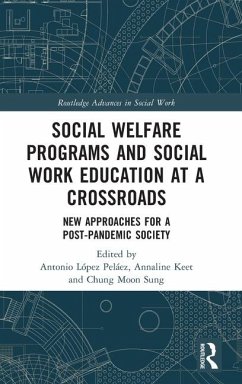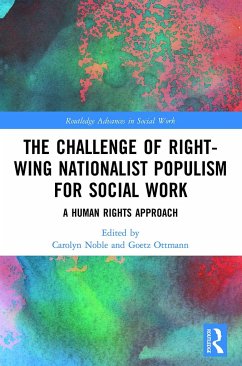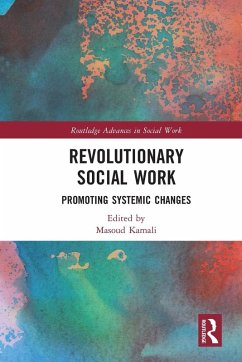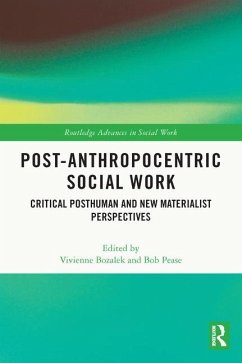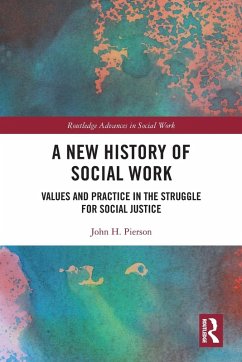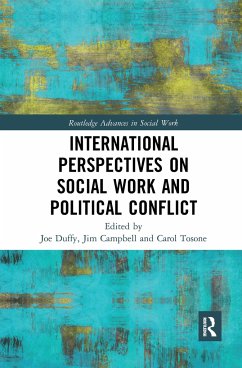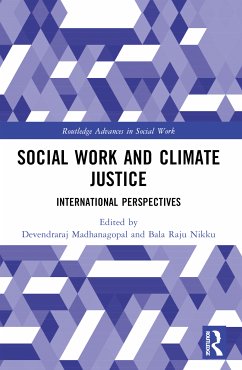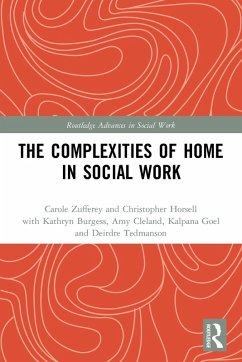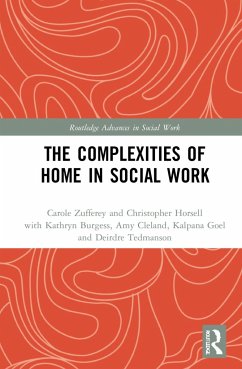
Using Language, Fiction, and Story in Social Work Education
Versandkostenfrei!
Versandfertig in 6-10 Tagen
154,99 €
inkl. MwSt.
Weitere Ausgaben:

PAYBACK Punkte
77 °P sammeln!
This book provides an accessible, research-informed text for social work educators, students, and practitioners interested in the use of story to engender the connection of human experiences with ideas, theories, and skills. A broad lens is also taken to the ways in which fiction has been used as a teaching tool in other degrees, ranging from medicine to engineering to philosophy and economics. Although the research explored is social work specific, this text has applicability for any educator looking for creative methods to teach complex theories, skills, and concepts.Showing how fiction can ...
This book provides an accessible, research-informed text for social work educators, students, and practitioners interested in the use of story to engender the connection of human experiences with ideas, theories, and skills. A broad lens is also taken to the ways in which fiction has been used as a teaching tool in other degrees, ranging from medicine to engineering to philosophy and economics. Although the research explored is social work specific, this text has applicability for any educator looking for creative methods to teach complex theories, skills, and concepts.
Showing how fiction can be used in social work education, it explains why story matters to social work and how fiction can emulate these stories, as well as the capacity of fiction to evoke empathy. Ways in which educators can enlist fiction to create a 'safe space' for the exploration of complex emotional terrain are explored, as are the ways in which a community of practice can be created through fiction.
Woven within the end of every chapter are some practice examples and author conversations which work to locate the research into a practice context. The text concludes with examples of how fiction has been effectively utilised by the authors, in order to provide a starting point for those interested in exploring this pedagogical approach further.
Showing how fiction can be used in social work education, it explains why story matters to social work and how fiction can emulate these stories, as well as the capacity of fiction to evoke empathy. Ways in which educators can enlist fiction to create a 'safe space' for the exploration of complex emotional terrain are explored, as are the ways in which a community of practice can be created through fiction.
Woven within the end of every chapter are some practice examples and author conversations which work to locate the research into a practice context. The text concludes with examples of how fiction has been effectively utilised by the authors, in order to provide a starting point for those interested in exploring this pedagogical approach further.





